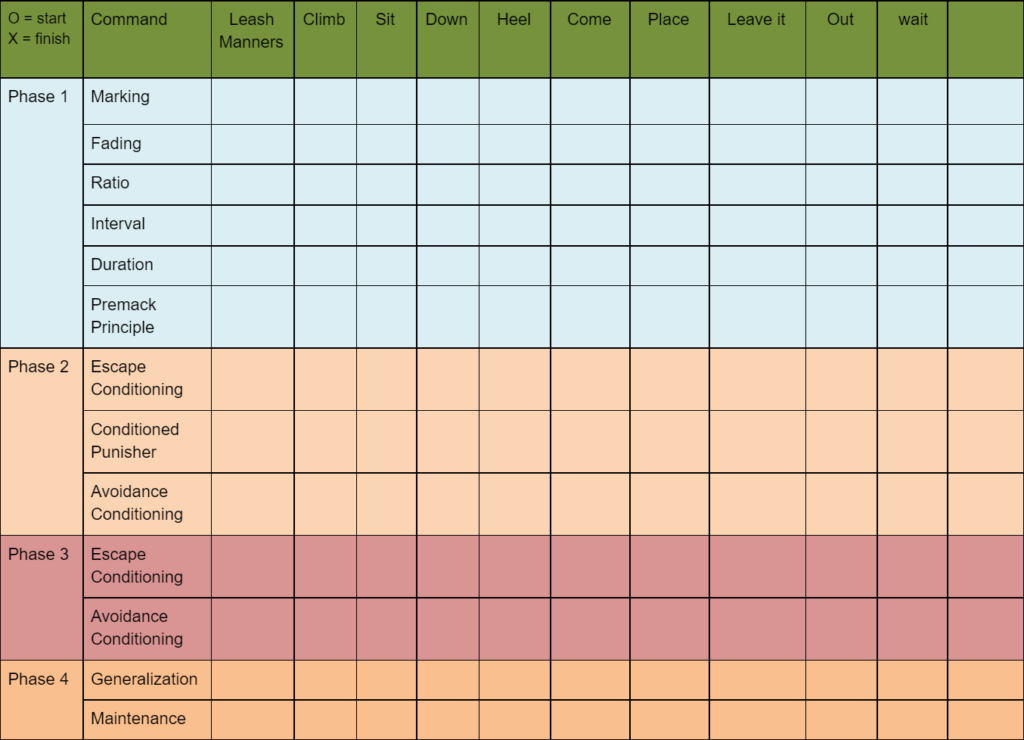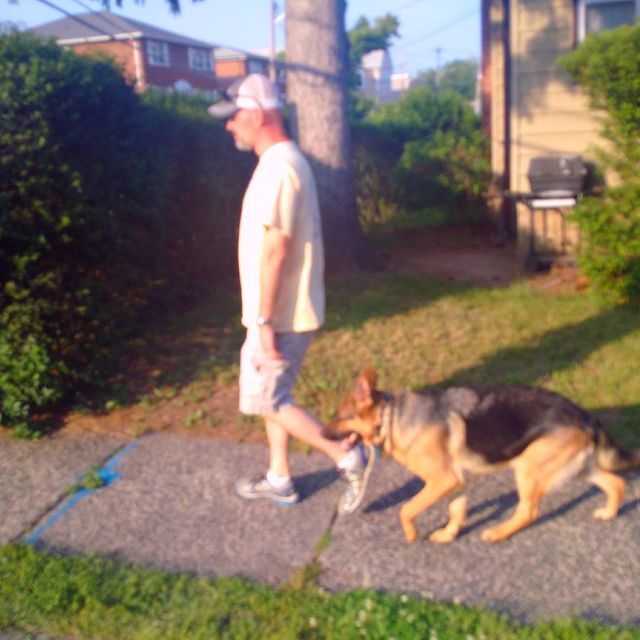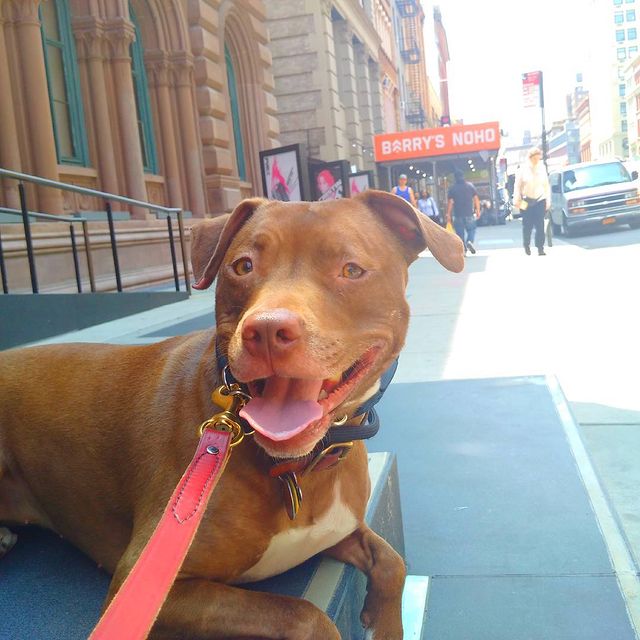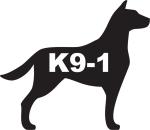Objectives
- What is generalization
- What is discrimination
- When do we start generalizing in our training plan?
- What are examples of training sessions designed to generalize?
- When can we check it off our plan for a command?
What is generalization?
Stimuli - Anything that can be detected by the senses.
Generalization - Similar response when the stimuli are not exactly the same.
- Will the dog respond in the training room and at the park?
- Will the dog respond if you whisper or shout the command?
- Will the dog respond to the voices of all family members?
What is discrimination?
Discrimination - Different responses when the stimuli are not exactly the same.
- Will the dog respond in the training room and at the park?
- Will the dog respond if you whisper or shout the command?
- Will the dog respond to the voices of all family members?
What decides if a stimuli (command) is generalized or discriminated against when it is not exactly the same?
Whether or not the previously learned consequences of the behavior (pleasant and/or non-pleasant) follow.
Pay Attention!
- Do handlers reinforce differently depending on who is present? The dog knows!
- Lenient when freinds are over?
- Strict when the trainer is observing?
Dogs can also discriminate between different family members' abilities as a handler. This is usually GOOD, because you can prevent family arguments.
When do we start generalizing in our training plans?
The short answer: right away
For quality control purposes and efficiency: In Phase 4

Change of Environment/Stimuli = Tweaks in Motivators
- Set the dogs up for success!
- Turn up the desentizing and counter-conditioning plans!
- Pay attention to distance from competing motivators
- Consider increasing density of reward schedules (at least tempoarily)
- Consider higher value rewards for obedience around select competing motivators
- Do not forget to RECORD what happened during training session
- Important when training multiple dogs
- Important when seeing a client only once a week, etc..
Generalization does not mean you need to use the same exact motivators in each situation.
Behaviors need to be successfully reinforced and punished in each situation.
What are examples of training sessions designed to generalize?
In Kennel

- In the classroom
- Outside of classroom
- Field Trips
- Home Lessons?
- Go home lesson? In the home or at facility?
Group

- Classroom
- Different areas
- Have fun!
Private Lessons at your Facility

- Classroom
- Different areas
- Field trips?
- Home visit?
Private Lessons in the Home

- Classroom (living room, kitchen, etc..)
- Different areas of home (yard, etc..)
- Neighborhood
- Field trips?
Home Training Service

- Train in the dog's home
- Own neighborhood
- Do private lessons with the owner.
When can we check it off our plan for a command?
Clearly define this in your training contract! There are many factors to consider.
But, one common denominator is that no dog should be considered "generalized" to an obedience command if it needs excessive punishment or unreasonably excessive reinforcement in the situation. Especially, if the agreement is to train the dog to "obey".
From one of my in-kennel contracts:
Each command is trained in a controlled environment until the dog clearly understands what is expected of him. Then, we gradually introduce environmental distractions to ensure they will perform in the presence of people, traffic, other dogs, and different common environments. Dogs will perform commands both on and off-leash (with consideration to local leash laws).
The service is to help the owner do everything in their power to help guide the dog to be the best that he can be using scientific and field-proven techniques to continually improve the dog’s behavior beyond the dog’s involvement in the training program.
- NOT the dog walker
- NOT grandma
- Compare to babysitting a police dog. You will not expect to start patrolling the streets and doing searches with the dog.
- However, the dog can obey the dog walker and grandma with a plan. Pay attention to what you claim.
What's Next?
Maintenance!


Responses